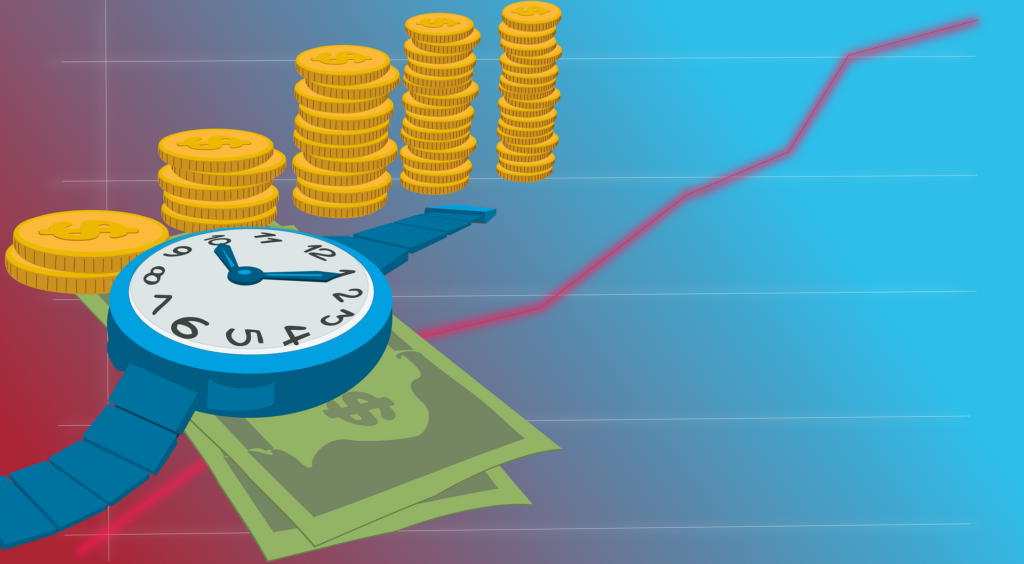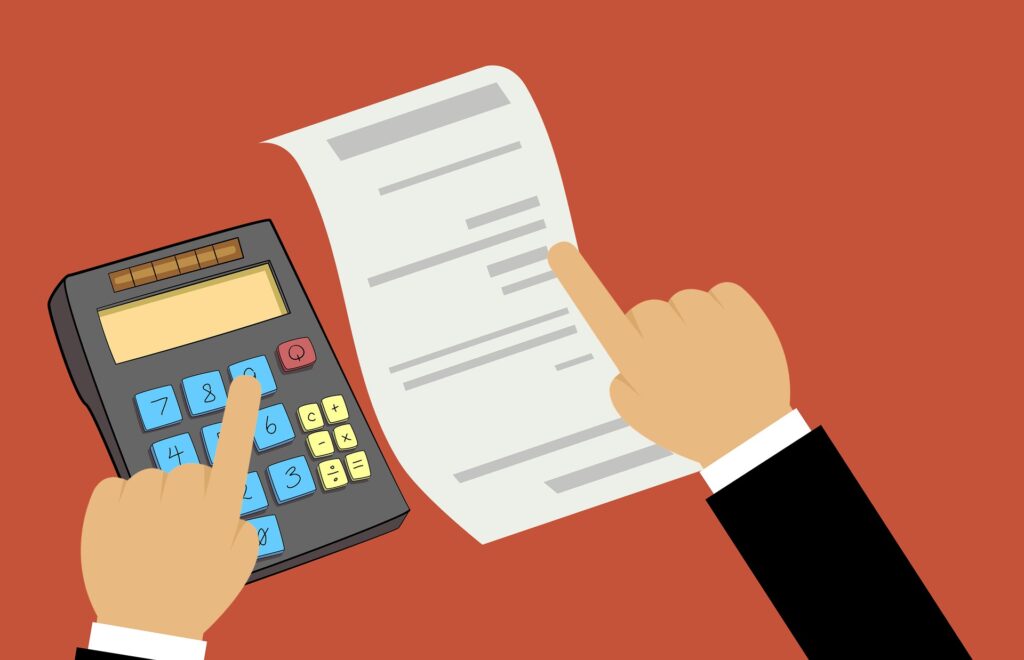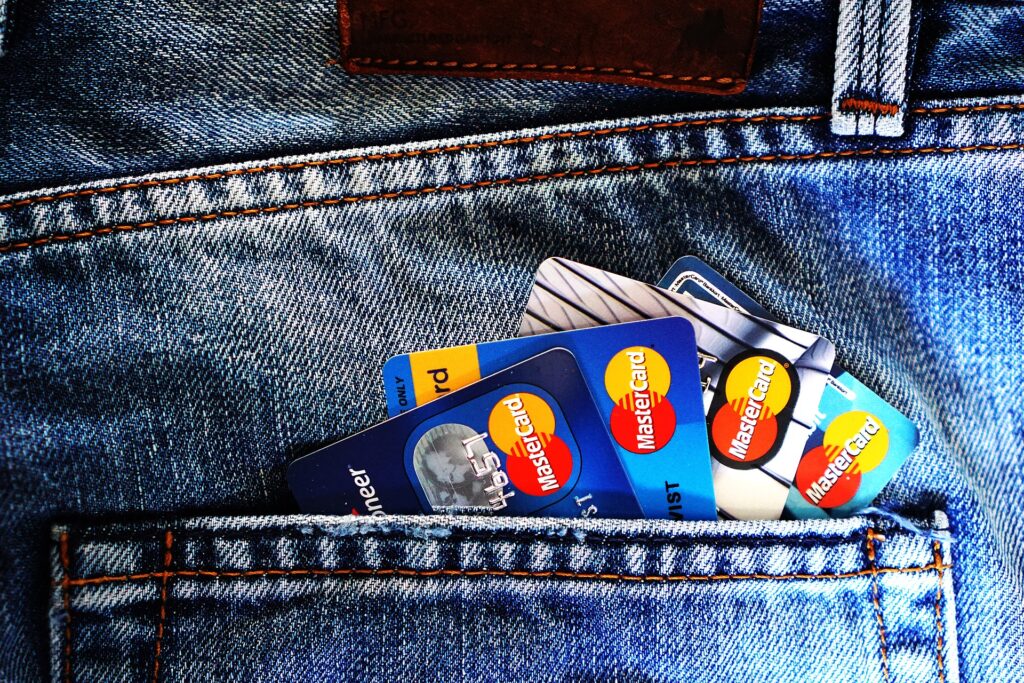New Year brings hope. People make New Year resolutions according to their priorities, and the changes they want to bring in their lives. The coming year can also be the start of great financial success for you. Here are five time-tested financial tips to give a new direction to your personal finances in the New Year.
Set Goals
Set realistic, achievable goals. Think about your priorities. Do you need a new car, or are you better of clearing your existing debts which could be higher now because of inflation? Don’t just will to invest more, but think about how much you can afford to invest. If you want to increase your savings, think what you can do without.
- Evaluate your priorities: What do you want in the new year; is it important? Can it wait?
- Set your goals: Think of what you want to achieve; what you may have to forego.
- Assess the time: How long will you be paying for it?
Once you have set measured goals, you can set a monthly budget accordingly. You may have to rework your other priorities, so be clear about the order.
Make a Budget
A budget helps you reduce unnecessary spending, and direct your funds to what’s really important for you and your family. Keep a track of all your expenses, big and small. A record of each dollar spent will show you where your money is really going. It can be an eye-opener – certainly in the age of high gas prices.
Understand your spending patterns, which can fall into a couple of broad categories:
- Fixed Expenses: Recurring expenses like rent, EMIs and subscriptions, etc.
- Variable Expenses: Expenses that change like food, clothes, gas, recreation
Check your recent bank statements to get specific inputs about where your money goes. This can show you the difference between how much you make and spend. You can allocate the difference towards achieving your goals.
Manage Debt
Loans can be a good way to acquire things you may not be able to buy upfront, like a house. But EMIs can hold you back from achieving your other objectives. The interest amount can really affect your finances. With that said, repaying your debt should be a top priority. There are two ways, in which you can better manage your debts.
- Refinancing: This means re-negotiating the terms on your remaining loan amount. You can increase the length of your loan, and reduce the amount of interest you have to pay. But you will be indebted for a longer period of time.
- Consolidating: This involves combining all your loans into one. You may become eligible for a lower interest rate. It certainly makes it easy to remember just one EMI per month.
- Listing: You can list your debts by balance and interest. When you list by interest, pay the minimum on all but the highest interest loan; try and pay something extra each month. When you list by balance, try and make extra payments on the smallest loan.
Making a plan to manage your debt help you better understand your financial situation, and how the debt affects your life.
Savings vs. Investment
It doesn’t always have to be one or the other. With savings, your money grows with interest, but nothing else. You have something in the bank for a rainy day. Investments can make your money grow faster, but can also make you lose money.
Time is money if you invest in 401K or Roth IRA. Your money earns interest, and after some time, the interest earns interest. This is called compounding interest. Over many years a small fund can grow into a substantial amount.
In accumulation of this, you must always have an emergency fund in the bank. This is may consist of three to six months’ living expenses. This can help you tide over crises without putting you into deeper debt. You may also want to put something away for upcoming events.
Be Flexible
Change is the only constant in our lives. Your circumstances may change; you may get a better job, or get laid off; you may win a lottery; or lose money in the stock market. This means you may need to postpone some goals, or the situation may put you on a new track to achieving the goals faster.
If things are better, you can even add to your current financial wish list for the forthcoming year. Be prepared to monitor your financial plan regularly, and tweak or redo it, if needed. You may not be able to strictly as per your plan. You may stick to your budget in some months, or exceed it. That’s ok as long you stay on course with your New Year financial resolutions for the whole year and beyond.



